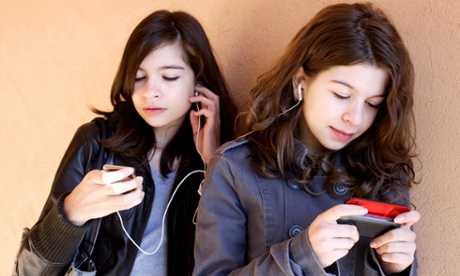
The first thing that happens when I offer someone a copy of my debut novel, The Weight of Water, is that I get a little smile. This has nothing to do with me or my writing, of course, but with my novel’s cover – a gorgeous Oliver Jeffers’ illustration and a quote from the legendary Cathy Cassidy. Inevitably the book gets swiped from my hands with words along the lines of “Thank you! I’ll start it straight away.”
But I wait.
And I watch.
And what happens next is pretty much the standard response: The person holding the book flicks through the first few pages, swallows hard, and says, “It’s a book of… poems?” The question is accompanied by a look of fear verging on disgust, because what this person is really trying to say to me is, “Oh God, no. Please don’t make me read poetry. I hate poetry. Everyone hates poetry. Why would you write a book like this? Why would anyone publish a book like this? Is there a way I can politely return the gift?”
Perhaps I should feel offended by this reaction to my novel, but actually, I completely understand. Poetry isn’t the language of the masses. In schools it’s often taught as an isolated unit, as though it’s not part of regular literature, and in the media poets are often presented as forlorn, grey-haired and profoundly clever. This leaves those of us without a doctorate in Chaucer studies feeling apprehensive about anything that looks remotely like poetry.
And it was sort of as a response to this negativity that I wrote my latest novel, Apple and Rain, about a girl struggling with life but who finds solace and ultimately a way through her struggles, by writing poems. And she does this because she has an amazing English teacher, a character called Mr Gaydon, who offers his students poetry, not as something to be learned, but as a vehicle of self-expression and nothing more.
Because what else is poetry if not a way in to ourselves? And not only a way in, but the very first way in we ever knew. Poetry is the language we spoke as toddlers – the rhythm and texture of nursery rhymes brought words to us that we may not have completely understood, but which spoke to our little minds on some basic human level. I’m a mother of a two-year-old, and I’m constantly amazed that she can recite entire nursery rhymes despite the fact that in our day-to-day life, her longest sentence is probably, “Chocolate cake for breakfast, please.” She doesn’t know all the meanings of the words in the songs and rhymes, but she certainly does know how those poems make her feel.
But a curious thing happens between childhood and adolescence which turns poetry from something fun and life-affirming into something very scary. I remember feeling this way at school – that poems were hard, boring and had nothing to do with me. I hated poetry units because I never felt I understood the work properly and even when I understood, I couldn’t connect. So whose fault was that? I had good teachers, many of whom were passionate about language. And I was a decent student. So I suspect it had to be the curriculum – the fact that we were required to study poems that were mainly written by dead, white men – and this in an all girls school.
Despite feeling this way about poetry, I went to university and studied literature and then somehow became one of these English teachers myself – a person forcing young people to read poems that had nothing to do with them. Whenever I handed out a poem, the class would erupt in groans and complaints: “Poetry? Ugh! No!” Poetry was a chore for my students, and more than a chore, something that didn’t have anything to do them as though poems were somehow the language of the scholars and the professors – someone else’s language, for certain.
But I wholly believe this is a misconception. The rules of poetry are manmade. They aren’t like maths with exact formulas and answers. They are fluid and changing and that change is down to those who write. So why shouldn’t the writer be me? Why shouldn’t the writer be you? Poetry belongs to us all. We started speaking by reciting poems and everyday we plug ourselves in to our phones and listen to music with lyrics that are made up of poetry. It is everywhere. And it is ours.
Perhaps the university professors would like us to believe that poems belong to them, but we mustn’t let this happen. When we feel poetry slipping out of our hands we must snatch it back and use it. We must write poems and read them. We must sing songs and share these songs with others. And above all, we mustn’t be afraid. We must use it however we like and ignore anyone who tells us that we are doing it wrong.
What do you think about poetry? Have you got poems in your life? Share your views by emailing childrens.books@theguardian.com or or Twitter @GdnchildrensBks
- Find out more about The Poetry Society’s Young Poets Network.
- If you’re not a member of the Guardian children’s books site find out how to join here

